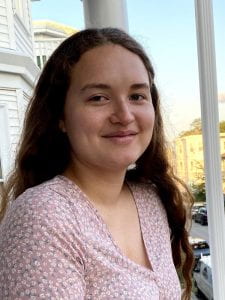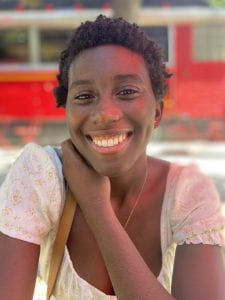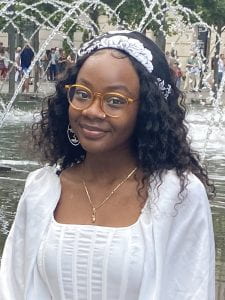The works below were written by first-year students in the Composition Program at the University of Massachusetts Boston, selected for publication by Composition Program faculty serving on the Undercurrents editorial board. Please see our Editor’s Introduction to learn more about our 2021 issue, click About the Journal to learn more about Undercurrents, or click the links below to enjoy our 2021 selections.
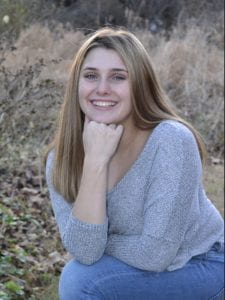 Maggie Buyuk’s The Battle of Science and the Public: How to Make Scientific Writing Friendly
Maggie Buyuk’s The Battle of Science and the Public: How to Make Scientific Writing Friendly
“Clear language and structure can build a trusting relationship with the public and scientific discourse community, while still adhering to the standard rules and regulations of scientific research writing.”
John Nobile Carvalho’s Becoming Bilingual: An Experience That Changed My Life
“Now this language is not only a source of curiosity; it has practically become the tool that allows me to connect with the world, and in a way even with myself.”
Navasz Hansotia’s The Ignored Insights Of An International Student
“Very often, as international applicants do not have the opportunity of their schools explaining to them the implicit nature of the prompt and the counsel’s expectations, they are eliminated at the first level of the ‘game.'”
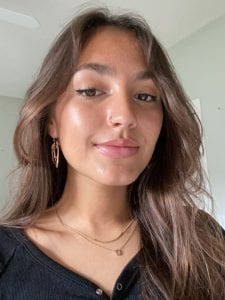 Sarah Islam’s Ethics in the Archives
Sarah Islam’s Ethics in the Archives
“We must uncover the truths hidden in the archives and make them known to the world. But along with providing the voiceless with a platform, we must strive to fix the system that allowed for the silencing of oppressed communities.”
Hannah Ortiz’s The Repurposing of Biased Literature for Moral Development
“With the correct educational intervention, biased or controversial literature can be read and discussed, furthering the moral development of every person in the classroom.”
Alex Quadros’s Paradise Found? Orality in the Composition Process
“Although the majority of research on orality in the composition process does focus on writers with disabilities, I see no logical reason for the role of orality to be reserved for a select few if it could benefit writers en masse.”
Adia Samba-Quee’s Texts in Conflict
“Gee’s writing taught me how to have more critical relationships with the language I use and what it says about the groups I am a part of, but Young’s writing reminded me of the very institutions Gee upholds with his Discourse theory.”
Hadassa Sossou’s Using a Narrative Approach to Cater to Multilingual Student Writers
“Encouraging multilingual students to use narrative thus can help them to organize their ideas and take a position that not only explains their claims and conveys their thinking, but is compelling to an audience.”
Tyler Tran’s It’s Your Voice, Why Not Use It?
“Supporting students’ efforts to write with our own voices continues the flow of original ideas, allowing the conversation to thrive and continue, and the positive cycle of writing lives on.”


